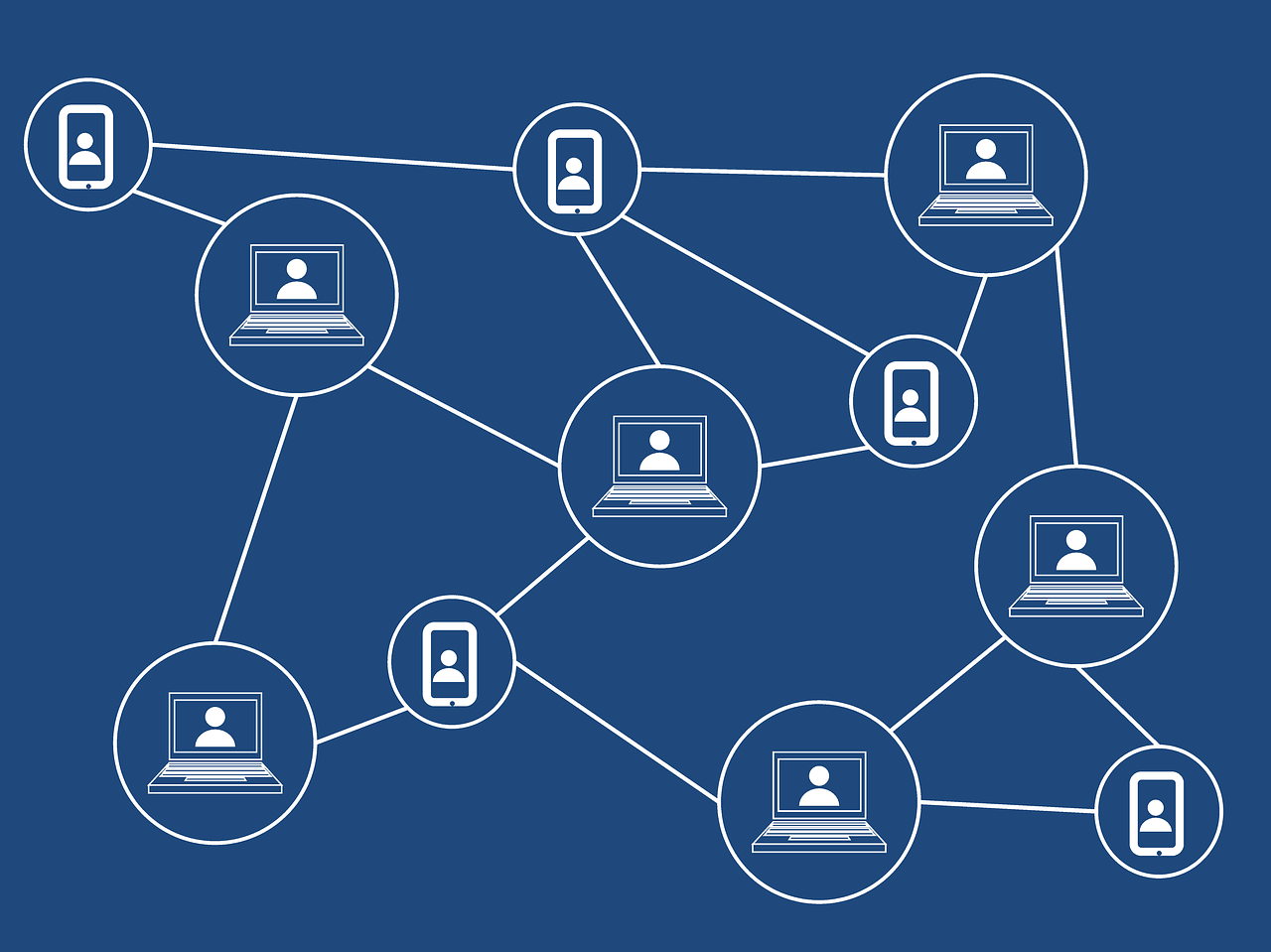So far most of the details we have about Facebook’s cryptocurrency are merely rumors, but that isn’t keeping pundits and market watchers from speculating about it.
Here’s what we know about Facebook’s cryptocurrency
The only bit of firm evidence we have is from the German magazine WirtschaftsWoche, which reports that the white paper on the digital currency will be released on June 18. A Facebook executive revealed that detail and also said the social network’s cryptocurrency will be a stablecoin pegged to a basket of fiat currencies rather than just the U.S. dollar. This should prevent some of the wild volatility we’ve seen in other cryptocurrencies.
Citing an unnamed source, TechCrunch reports that the company is targeting a formal launch date for the digital currency next year. Multiple sources have reported that the digital coin is code-named Libra, although it’s unclear whether that will be its official name when it launches. The BBC reported that Facebook’s cryptocurrency will be called GlobalCoin, but The Information claims that’s incorrect. Reuters reported that the social networking company registered a financial services subsidiary called Libra Networks in Switzerland, which could be causing some of the confusion.
The cryptocurrency is expected to be used by merchants to process transactions on the social network, and TechCrunch also reports that the company might even set up physical devices as ATMs to make it easy for consumers to buy some of its digital currency. According to The Information, Facebook is also seeking up to $10 million from companies to operate nodes which can validate transactions on the network. In exchange, supporting companies would have some influence over governance of the digital coin.
It’s generally expected that Facebook’s cryptocurrency will also be accepted on the company’s other social media platforms, Messenger, WhatsApp and Instagram.
Speculations about Libra
Forbes contributor Caitlin Long offered several predictions about Facebook’s cryptocurrency. She predicts that the digital currency will support users in developing countries, where she expects the company to especially market it. Other cryptocurrencies have gained adoption in developing countries, which is where she gets this prediction. However, we would note that some sources have offered conflicting information on how widespread its adoption is, particularly in Venezuela, where we’ve heard that reports of bitcoin’s adoption are overblown (like this report from NewsBTC which cites regional reporters in Venezuela.
Long also predicts that the company will pay interest to those who hold its digital currency. This prediction is interesting and does make sense because there will probably be an outrage if Facebook generates a profit off interest on the basket of securities the digital coin is linked to and doesn’t share it with users. She estimates the risk-free interest rate on this sort of situation at about 2.35%, which amounts to $235 million for every $10 billion deposited into Libra, or whatever it ends up being called.
Media reports have also suggested the company will set up an independent foundation to oversee governance of its digital coin, and Long predicts that this will indeed be the case. Putting an independent foundation in charge of the cryptocurrency could help with decentralization while still offering some regulation. She compared this possible foundation to other “basket-setters” like the committee which governs the components of the Dow Jones Industrial Average and the S&P 500. She also notes that all the discussions and debates over privacy and data breaches on Facebook will probably extend to Libra. Regulatory uncertainty will also be a concern for Facebook’s cryptocurrency, at least for a while.
Finally, she believes that Libra will end up being “a Trojan horse that benefits bitcoin.” With a major company like Facebook adopting cryptocurrency, it certainly brings digital coins into the spotlight. As more and more of the social network’s 2.3 billion users adopt the digital currency, so might more people become interested in bitcoin. Something like this did happen in Venezuela, where bitcoin use increased after the federal government introduced its own petro currency.





